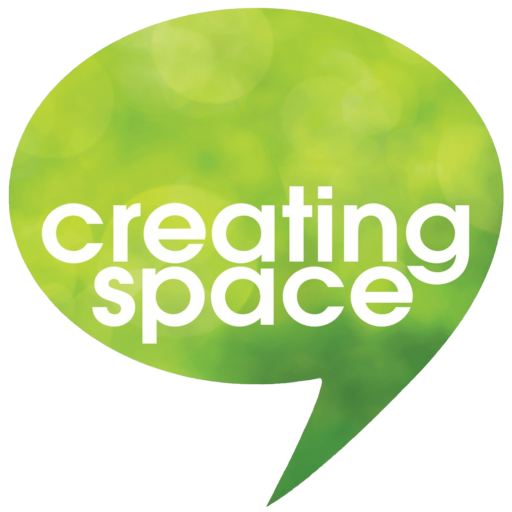
This month’s De-Clutter Series focused on our financial clutter, and I picked this topic because money drives so much of what we do, and a lot of what we think and feel. It comes up very often in my coaching work, as many clients feel stuck in some way or other by financial constraints.
Money is a big factor towards our worries, our stress levels, and can often be the cause of arguments with others around us. And because it is such a personal topic, we often don’t have a place to talk about money, making it a source of anxiety we carry around with us and try to ignore rather than address.
The first step, as always in all my de-cluttering work, is to survey our landscape and to take a close look at what we are dealing with. It is the same with our financial clutter. Consider what is in your financial landscape: how many bank accounts do you have, how many credit cards, different pension accounts? Do you even know or is some of this unclear and a cause of slight discomfort? Do you have a good sense of your outgoing and incoming funds? Lay everything out and then you can get a good view of what your situation is.
The next invitation is to think about whose beliefs you are holding around money. We will all be shaped by our upbringing and surroundings, and will have picked up many habits and beliefs without noticing it. To get clarity on what is going on for you, identify what your thoughts are and what stories you are telling yourself about money, then take a step back to see where these are coming from.
When we think about our finances, we also need to examine how money is tied into our identity. This is where my clients can find it most difficult to consider new options, because what they have (or don’t have) is so strongly connected to how and where they believe they fit in the world.
One of the big challenges with money is that we usually feel that we don’t have enough of it. We work hard to earn a living and prepare for our retirement, and the difficulty is knowing when we have accumulated enough. So we keep going and tell ourselves that this is just how it is. Getting an external view from a pensions specialist can make a huge impact by setting an objective and having an idea of when we can slow down a bit.
Because there is always a trade-off. I talk about this a lot when considering our finite resources of time and energy, and it is also applicable when we think about our money. If we spend an amount on X, then we cannot spend it on Y. There will be many clever marketing messages trying to tell us otherwise to sell us products, but if we want to keep our finances simple, it’s just easier to stay away from as many loans and debts as possible.
This trade-off is also relevant when we think about how much is enough. All the while we are spending our time earning money and thinking about earning money, we are not doing something else (enjoying what we already have, spending time with our children, going for a walk, etc…). I’m not suggesting that we should stop working, but rather that we do so more intentionally. This well-known little story illustrates that trade-off beautifully.
To finish, I want to talk about our wealth. We often use that term to describe what we own financially, but I want to broaden that idea to other types of wealth and consider instead what riches we might already have that are not in the form of money. We will have people in our lives that enrich us, we can consider our experiences and wisdom accumulated over the years, our unique talents and skills, our personality and presence, our time. Our wealth can take a number of different forms, and expanding these beyond simply money will put a different perspective on solely chasing a higher bank balance.
Money can feel like a very complicated tangle and a very strong driver of our lives. In summary, here are my top tips to shift from clutter to clarity in our finances:
- Notice your emotions around money and take a step back when considering options.
- Pay attention to the stories you are telling yourself around money.
- Untangle your beliefs and assumptions around money.
- Seek professional advice and work out the numbers.
- Pause and think: consider the trade-off.
If this article has resonated with you and you want to create some clarity in your finances, 👉 get in touch and let’s chat.
